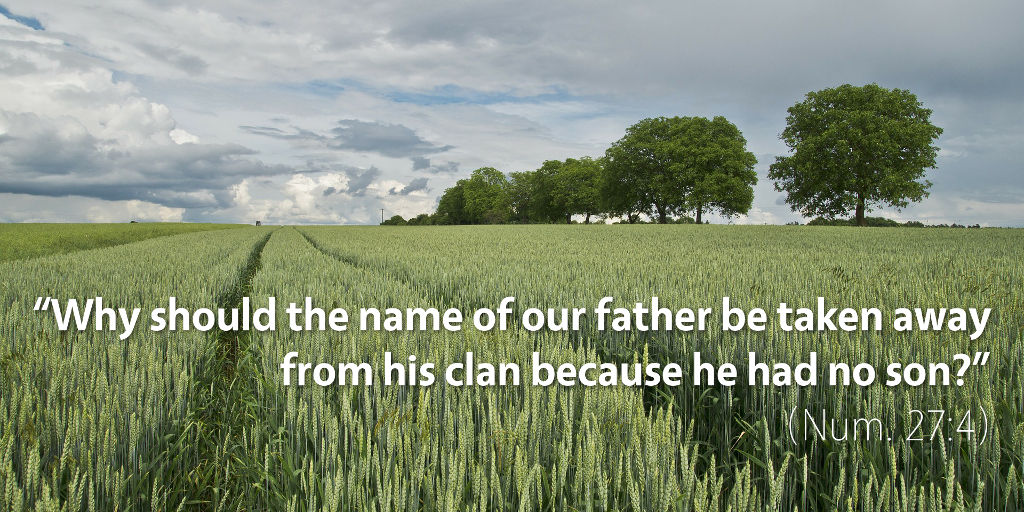Bible Readings for May 18th
Numbers 27 | Psalms 70–71 | Isaiah 17–18 | 1 Peter 5
Because Moses will not remain with Israel forever, we find Moses making more and more preparations for his looming absence as we continue to read through the end of the Pentateuch. Here in Numbers 27, we find Moses making preparations for his departure in two important ways.
First, in Numbers 27:1–11, Moses clarifies the inheritance rights of the daughters of Zelophehad, who had died without any sons to whom he could leave his inheritance. According to the standard law, their father’s name and their family’s heritage would be blotted out from Israel without any inheritance to pass down, unless Yahweh made a different provision.
Moses, then, inquires about the case with Yahweh, who makes what would have been an extraordinary decree according to the customs of the day: Yahweh commands that if a man dies without a son, his daughters should receive his inheritance (Num. 27:8)—and if there are no daughters, then the inheritance should pass to the man’s brothers or to his father’s brothers or to his nearest kin (Num. 27:9–11). This law provides some of the background to the story of Ruth, who seeks Boaz as her kinsman redeemer when Ruth’s husband dies along with his brother and his father, leaving behind only the women: Ruth, Ruth’s sister-in-law, Orpah, and Ruth’s mother-in-law, Naomi (Ruth 1:1–5).
Second, Yahweh commands Moses to commission Joshua to take over the leadership of Israel after he is gone, investing Joshua with the same authority that Moses has held so that the entire nation of Israel would obey him (Num. 27:18–20). To commission Joshua for leadership, Moses lays his hands on Joshua, a ritual that carries into the New Testament practice for ordaining both deacons (Acts 6:6) and elders (1 Tim. 4:14, 5:22; 2 Tim. 1:6).
Sometimes, we think about Christian leadership in terms of the indispensability of the leader. So, when a leader in the church dies and the ministry falls apart, we draw the conclusion that the leader must have been extraordinarily special. While the Bible does acknowledge the tragedy of seeing great leaders die (cf. Deut. 34:8–12), it also teaches that part of Christian leadership means preparing for the next generation.
The Apostle Peter wrote specifically about this point. He writes this: “And I will make every effort so that after my departure you may be able at any time to recall these things” (2 Pet. 1:15). When his time grew short, he sought to prepare the next generation for following Christ.
In your ministry, are you seeking to make yourself indispensable or do you labor with the humility to exalt Christ above yourself? Meditate on the words of John the Baptist, the final and greatest prophet of the old covenant (Matt. 11:11): “[Jesus] must increase, but I must decrease” (John 3:30).
Podcast: Play in new window | Download (5.4MB) | Embed
Subscribe: Apple Podcasts | RSS | More

Scripture quotations are from The Holy Bible, English Standard Version copyright © 2001 by Crossway Bibles, a division of Good News Publishers. Used by permission. All rights reserved.


